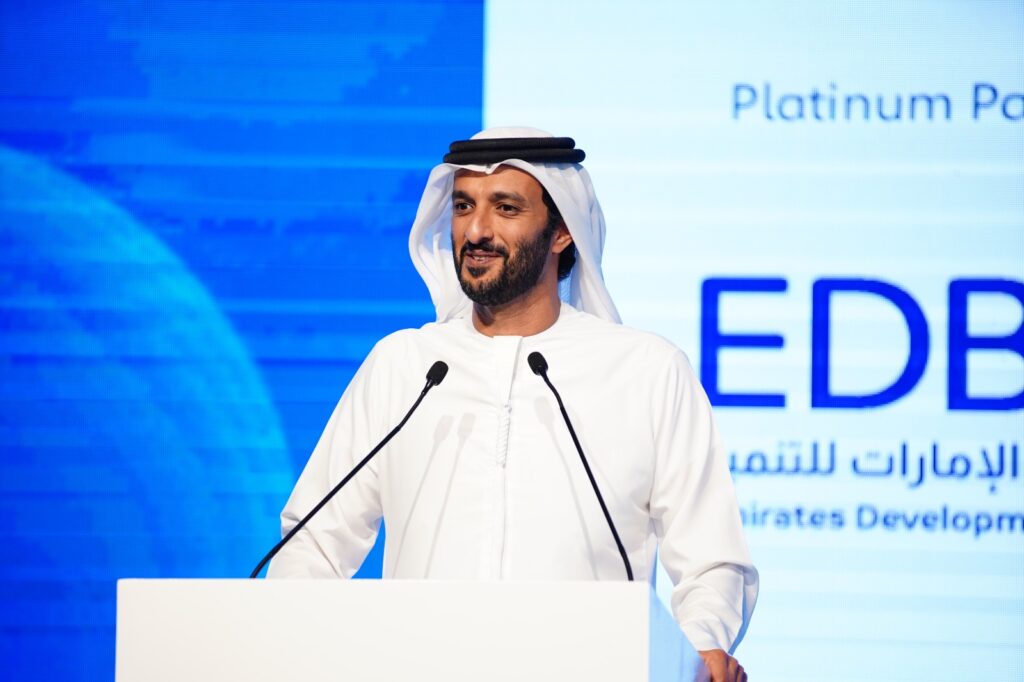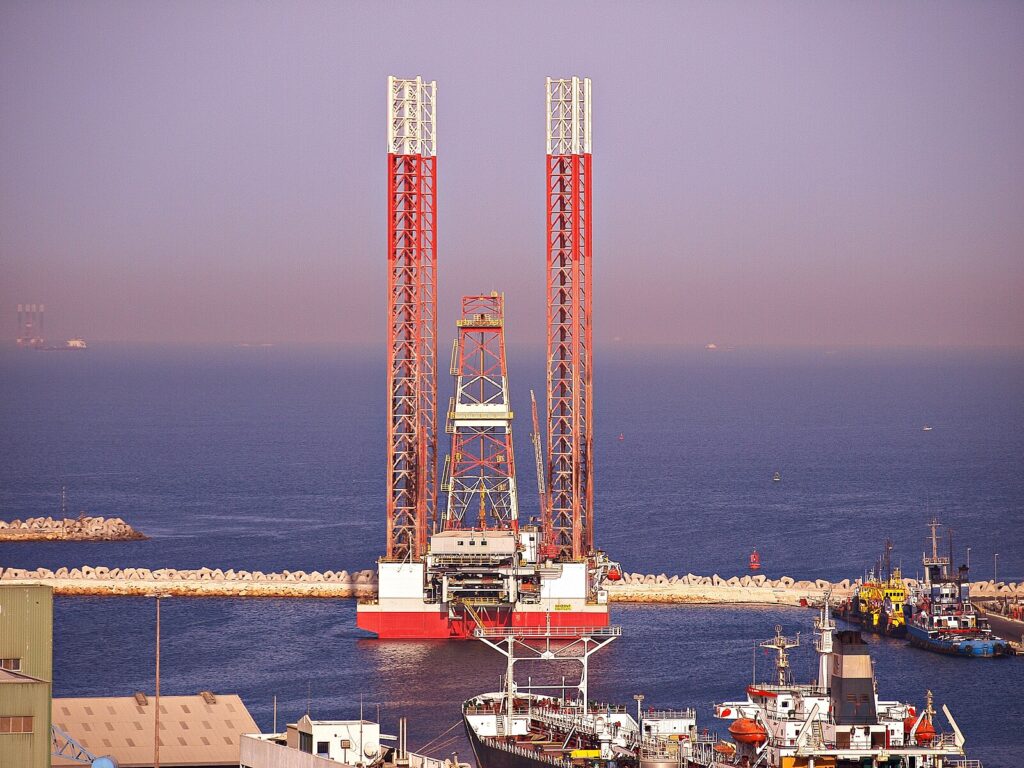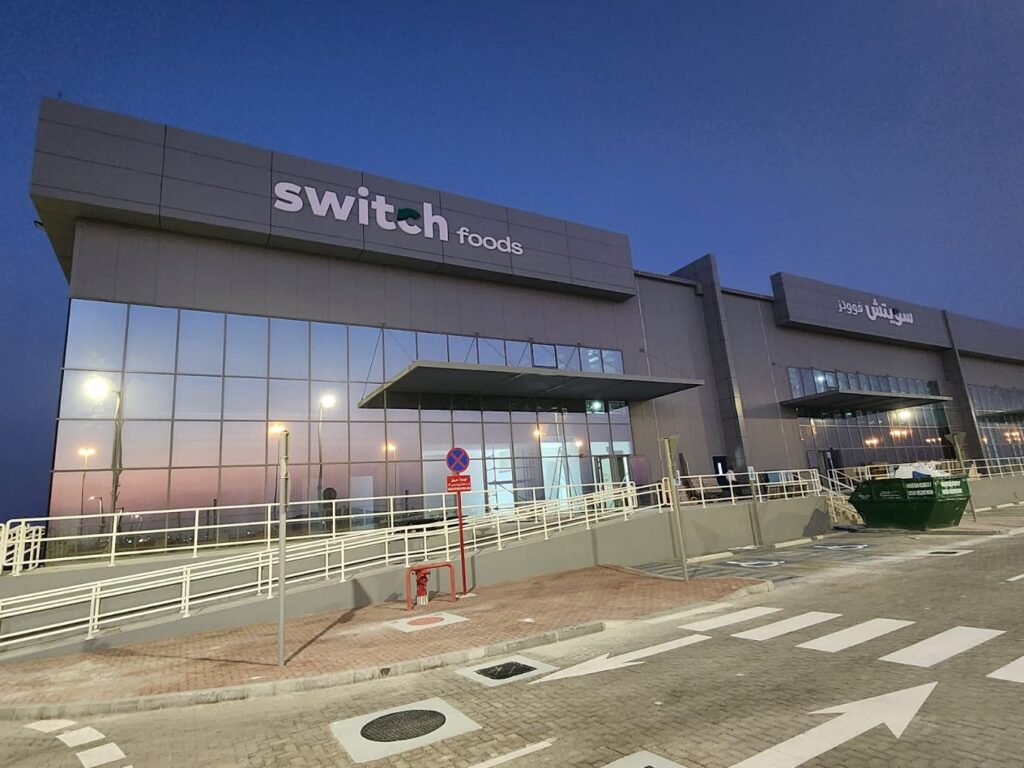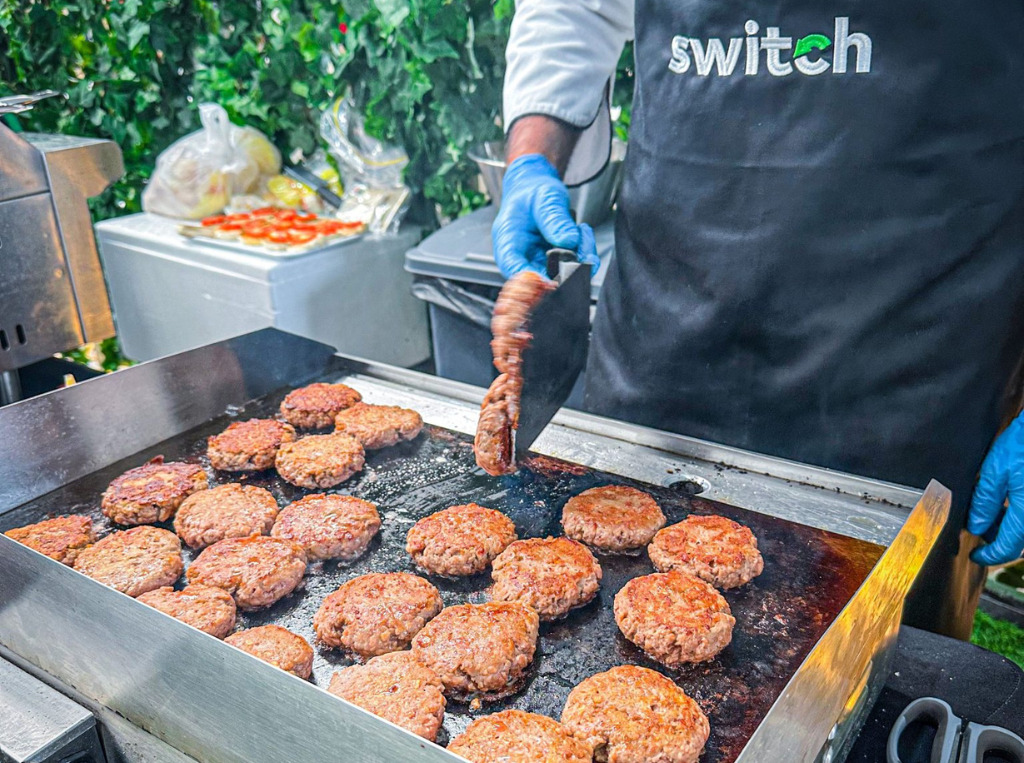Boosting Food Security: UAE Plans to Create $10B Food Sector & 20,000 Jobs – What Does It Mean for Alt-Protein?
6 Mins Read
Two months before it hosts the UN climate summit COP28 – which is set to feature a heavy food focus – the UAE has announced a food and agriculture strategy to bolster the sector’s value to $10B and create 20,000 jobs by 2025. The seven pillars of growth focus on localisation, regulatory advancements and empowering farmers – what does this mean for alt-protein?
Speaking at Dubai’s Future Food Forum last week, the UAE’s economy minister Abdulla bin Touq Al Marri said the new strategy aims to boost food security and local production in the country. Being a desert country with limited arable land, the UAE relies heavily on food imports to meet 90% of its population’s needs, totalling $14B in 2020, according to the USDA.
While the UAE’s position on the Global Food Security Index rose from 35th to 23rd (and it tops the MENA region), nearly a fifth of its population lives below the poverty line, and according to the World Bank, 6% of its citizens are undernourished. The UAE’s current National Food Security Strategy aims to make it the world’s best most food-secure country by 2051.
The original strategy aimed to break UAE into the top 10 on the Index by 2021, but that hasn’t been achieved. However, the new food and agriculture strategy could help the Gulf nation get closer to this goal. “With a growing population, food security assuming the highest priority, the UAE is doing well on this front and was on the top of the Global Food Security Index 2022 compared to other MENA counterparts, but the challenges for food in these uncertain times are real and present,” said bin Touq.

The plan has seven pillars that represent the UAE’s “commitment to innovation, sustainability, self-sufficiency and food production” The first includes localising next-gen agricultural ‘disruptors’ by nurturing talent and innovation, the second involves making the UAE a “global regulatory powerhouse” to ensure high product standards and international recognition, and the third comprises promoting a UAE-first culture across the food supply chain by reducing the reliance on imports.
Increased funding, fostering world-class R&D and innovation, diversification and access to new markets for agricultural players, and building the “next generation of farmers” make up the other four pillars. “Our food industry’s resilience and adaptability make it adept in addressing this challenge while constantly emphasising sustainable practices, which will nurture our Earth for centuries,” said bin Touq.
UAE’s reliance on oil
According to the US International Trade Administration, the oil and gas sector contributes to 30% of the UAE’s GDP and 13% of its exports. The UAE says it aims to diversify its economy away from oil and support the growth of various industries – but it is currently in the middle of a five-year, $130B plan to double its refining capacity and triple petroleum production.
The Guardian reports that the UAE has the world’s third-largest net-zero-busting plans for oil and gas expansion. Additionally, new fossil fuel developments are incompatible with the 2050 net-zero goals, and experts say slashing the burning of fossil fuels is the biggest and most urgent action needed to curb global heating. One estimate suggests fossil fuels for energy use are responsible for 60% of the world’s total greenhouse gas emissions.

But research has found that the food sector accounts for a third of all emissions. While the UAE is considered one of the most important food logistics hubs in the world, food itself only makes up 5.7% of its non-oil trades as of now.
And given that replacing 50% of our meat and dairy intake with vegan alternatives by mid-century could result in significant benefits for climate change and food security (undernourishment could decline by 3.6% globally), what does the new agrifood strategy mean for alt-protein in the UAE?
It was unveiled at Future Food Forum, which conducted a panel discussing rising consumer interest in plant-based and flexitarian diets in the country – 44% of its residents are open to substituting meat and dairy with vegan alternatives. The announcement comes the same year the UAE is hosting COP28, which is billed as the first food-focused climate summit. In August, the conference’s president Dr Sultan Al Jaber confirmed that it will serve mostly vegan food on its catering menu this year.
But while there are some promising signs, the UAE has had its fair share of controversies leading up to the event. Following the announcement to shift to a predominantly plant-based menu, a leaked document revealed that “COP28 UAE key messages” and “narrative points” failed to mention fossil fuels, oil or gas. On top of that, Al Jaber is the CEO of Adnoc, the UAE’s national oil company, which the document reveals hasn’t disclosed its emissions or published a sustainability report since 2016.
Meanwhile, global organisation Climate Action Tracker rates the UAE’s environmental plans as “insufficient”. And further reporting by the Guardian revealed that the Gulf nation has failed to reveal its methane emissions – which are much more potent than carbon – to the UN.
What does this spell for alt-protein in the UAE?
It’s imperative that the UAE’s new food and agriculture strategy includes plans to develop the country’s alt-protein and sustainable food sector. It has made a start. 2023 is the UAE’s Year of Sustainability, part of which is a push to promote plant-based eating in the country.
In May, it unveiled Food Tech Valley, with an aim to boost local food production in Dubai using cutting-edge tech built on sustainable foundations. This came two months after the city saw the opening of the Middle East’s first fully plant-based meat factory. Touching upon the local manufacturing goal, in April, UAE capital Abu Dhabi also witnessed the unveiling of its first 100% vegan meat production plant by Switch Foods.

Could the second pillar of regulatory advancement be a sign of things to come? While fellow Middle Eastern nation Israel is home to a host of alt-protein startups, industry think tank the Good Food Institute suggests that instead of focusing on R&D, the UAE is partnering “with foreign alternative meat startups, primarily US-based companies, to build commercial-scale production facilities and potentially fast-track regulatory approval”.
For example, Californian precision fermentation dairy company Change Foods entered an agreement to build a commercial manufacturing plant in the UAE last year. Looking at cultivated meat, DisruptAD – the VC arm of Abu Dhabi’s sovereign fund ADQ – led the $105M Series B fundraising round for Israeli cultured meat leader Aleph Farms in 2021.
There is potential for increased consumer interest too. A 2022 study by PSB Insights – commissioned by US-cultivated meat pioneer Good Meat – found that while only 34% of people in the Middle East had heard of cell-cultured meat, awareness of the alt-protein was highest in the UAE. Acceptance of these novel proteins will be aided by recent advice from three Sharia scholars who say cultivated meat can be halal if it meets certain criteria, which is key for Islamic populations around the world.




